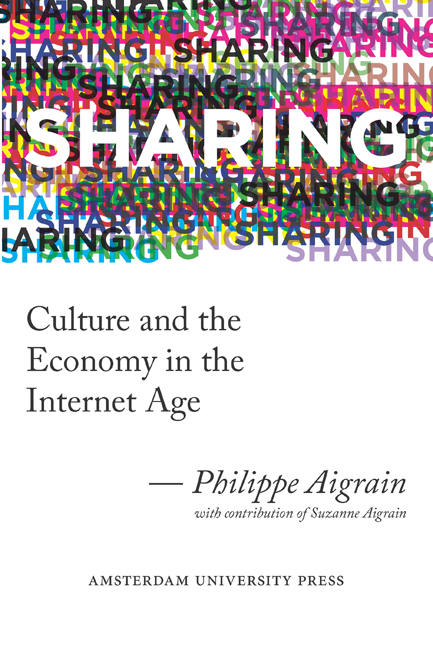2 - The Internet and Creativity Debate
Published online by Cambridge University Press: 19 January 2021
Summary
(1) Everyone has the right freely to participate in the cultural life of the community, to enjoy the arts and to share in scientific advancement and its benefits.
(2) Everyone has the right to the protection of the moral and material interests resulting from any scientific, literary or artistic production of which he is the author.
Universal Declaration of Human Rights, article 27
Great historical changes, whatever their importance, take place over a relatively long period. Seventy years after the first developments of computer science, and thirty years after the birth of the first world-wide information exchange networks, we are still very far from having a real grasp of their consequences. It takes decades for these technologies to disseminate, and their implications only reveal themselves as humans appropriate them. Many analysts apply outdated models to new activities, analyzing Internet use with tools that were appropriate to study, for example, the impact of photocopying on book publishing. They thus reduce the use of computers to the action of copying. A similarly misleading viewpoint consists in treating Internet merely as a new distribution channel. Both approaches ignore the new ways of interacting with information, which the Internet opens for everyone. These lead to new practices: listening, viewing, annotating, recommending to others, re-using, tailored programming (as in programming a radio or a TV), remixing, and creation. The Internet, coupled with widespread access to computers, provides an environment in which new cultural practices are developed and appropriated by the public. Some commentators, on the other hand, tend to exaggerate the depth of the transformations we are seeing. For example, they believe that some essential processes, such as identifying high-quality items among the abundance of works available, or appropriately allocating resources to creative activities, are now trivial.
This book sets itself the challenging task of being amenable to everyone who has an interest in the Internet, culture and creative activities; of identifying a common framework in which, without necessarily agreeing on everything, we may explore the realms of the possible. However, the reader will have to do some of the work.
- Type
- Chapter
- Information
- SharingCulture and the Economy in the Internet Age, pp. 21 - 26Publisher: Amsterdam University PressPrint publication year: 2012



